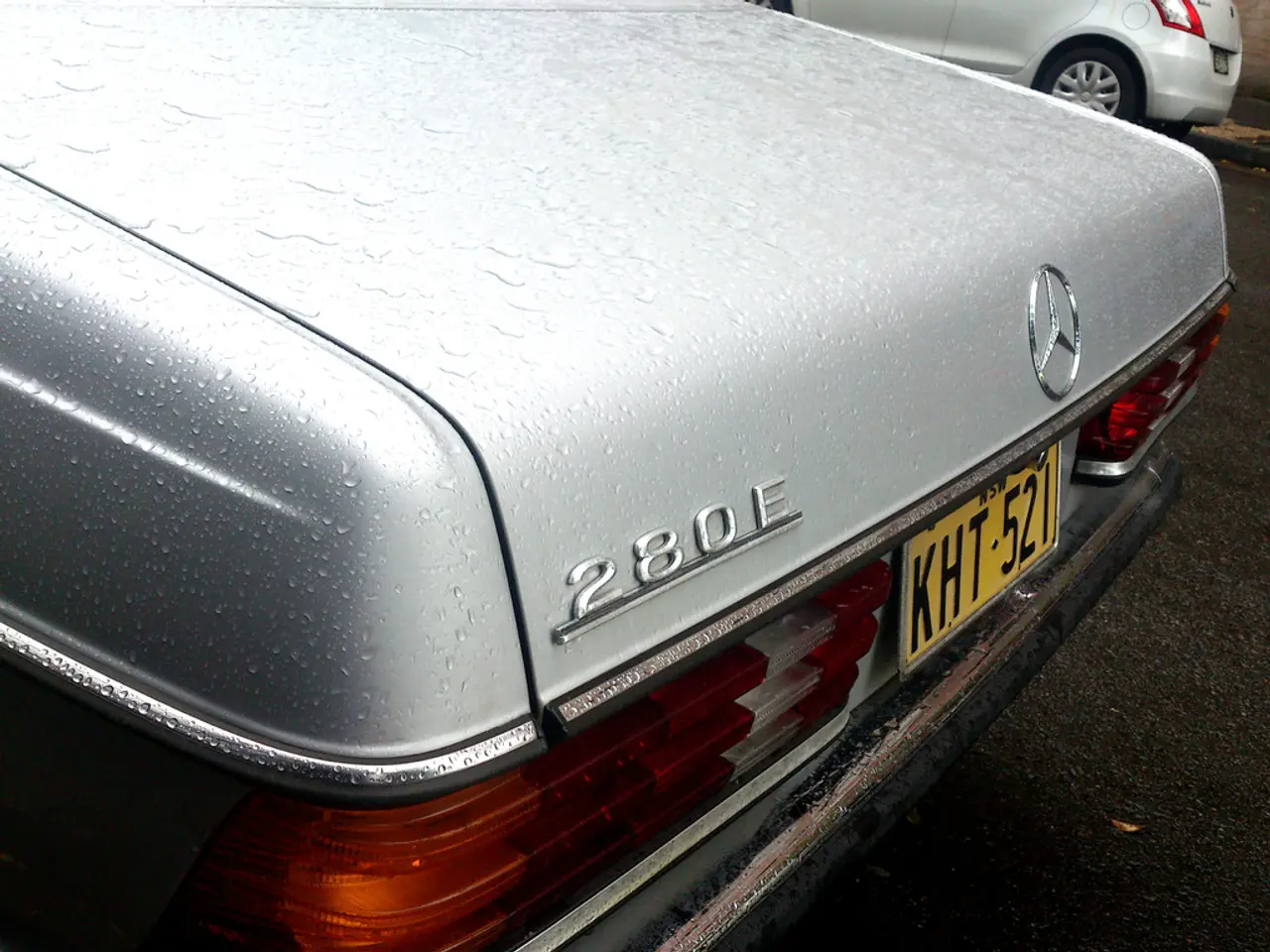Steep decline in Mercedes profits by fifty percent marked by ominous skies
In the face of challenging market conditions, Mercedes-Benz and Audi are taking significant steps to boost their long-term competitiveness. The German automakers have announced cost-cutting programs aimed at addressing profit drops and regaining their market position.
Mercedes-Benz is leading the charge with a program named "Next Level Performance." This strategy targets a 10% reduction in production costs by 2027. The company plans to achieve this by focusing on material cost collaboration with suppliers, fixed-cost reductions, and improving production flexibility. Additionally, Mercedes-Benz is pushing a strong product launch campaign, including 12 new electric vehicle models by 2026, to make a mark in the competitive EV market against rivals like Tesla and Chinese manufacturers.
The company is also addressing the issue head-on by offering a severance program for employees who voluntarily leave their jobs. The program aims to start in February 2025. Notably, until 2030, there will be no forced redundancies due to an agreement between Mercedes-Benz and the works council.
Unfortunately, Mercedes-Benz's efforts have not been without setbacks. The automaker experienced a 56% net profit decline in the first half of 2025 and a larger drop in quarterly profits. To offset these shortfalls, Mercedes-Benz is emphasizing higher-margin luxury models and strict cost discipline. The firm expects 2025 sales to be lower than 2024’s 1.98 million units but forecasts increased sales traction starting in 2026-2027 with refreshed and new models. Tariff-related cost hits, notably €360 million due to US tariffs, are factored into the new, lower revenue and profit guidance, with adjusted return on sales expected to be around 4-6% for 2025.
Audi's cost-cutting plans are not as clearly defined, but given Audi is part of the Volkswagen Group, similar industry pressures and cost-control efforts can be reasonably inferred. More precise information would require additional sources.
In conclusion, Mercedes-Benz is focusing on leaner operations, cost reductions, supplier collaboration, and an accelerated EV product rollout to recover profitability while navigating tariff and competitive headwinds. The success of these cost-cutting and growth initiatives will be closely tied to the market reception of upcoming vehicle launches and the company’s ability to manage its global supply chain efficiently.
Other industries, like finance and transportation, may also face similar challenges as Mercedes-Benz in their respective markets. Audi, being part of the Volkswagen Group, might adopt similar cost-cutting measures, such as focusing on reducing production costs, improving efficiency, and investing in electric vehicle technology.




